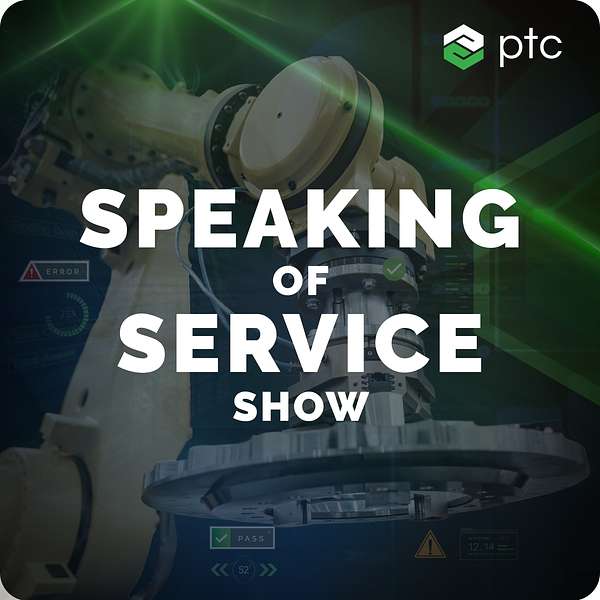
Speaking of Service
Speaking of Service uncovers practical ways to grow service revenue, control costs, and improve customer satisfaction. If you’re looking to innovate, gain a competitive edge, or just learn about the latest service trends, you’ve come to the right place! Also check: www.ptc.com/speakingofservice
Speaking of Service
Industrial Machinery for Packaging: Moving the Needle in the IoT Customer Journey and Business Model
Discover more about how IMA builds new value for themselves and their customers using IIoT
IMA GROUP is a leading player in IoT in packaging industry. Using PTC’s Service Optimization Solutions, they are presenting a major paradigm shift in the IoT customer journey and business model. Instead of selling standalone applications, they sell high-value-added services, where a service can be a state-of-the-art predictive maintenance algorithm or a real-time monitoring service.